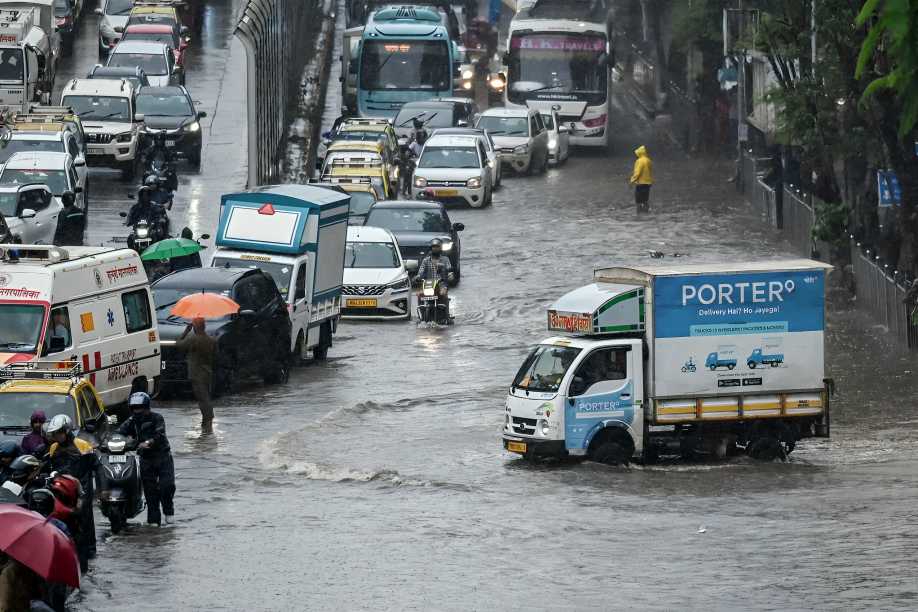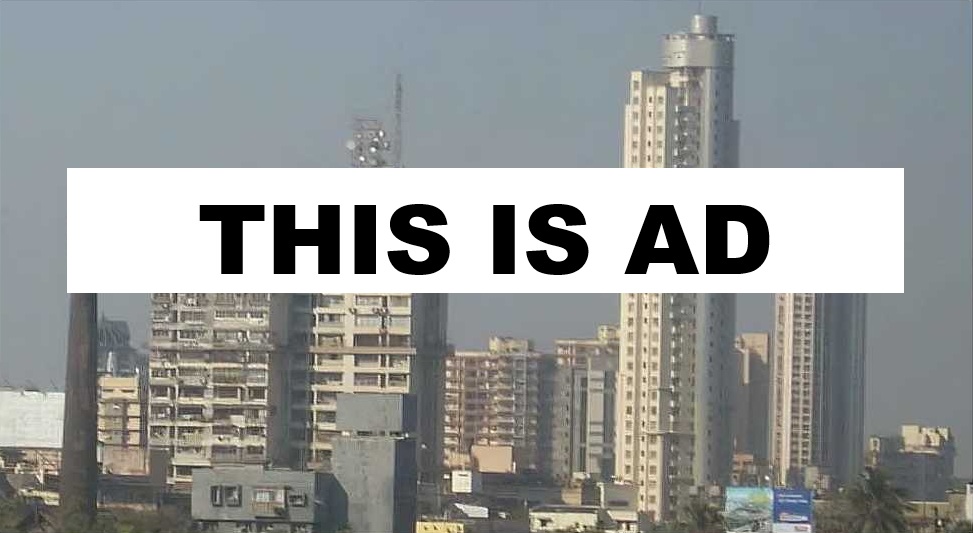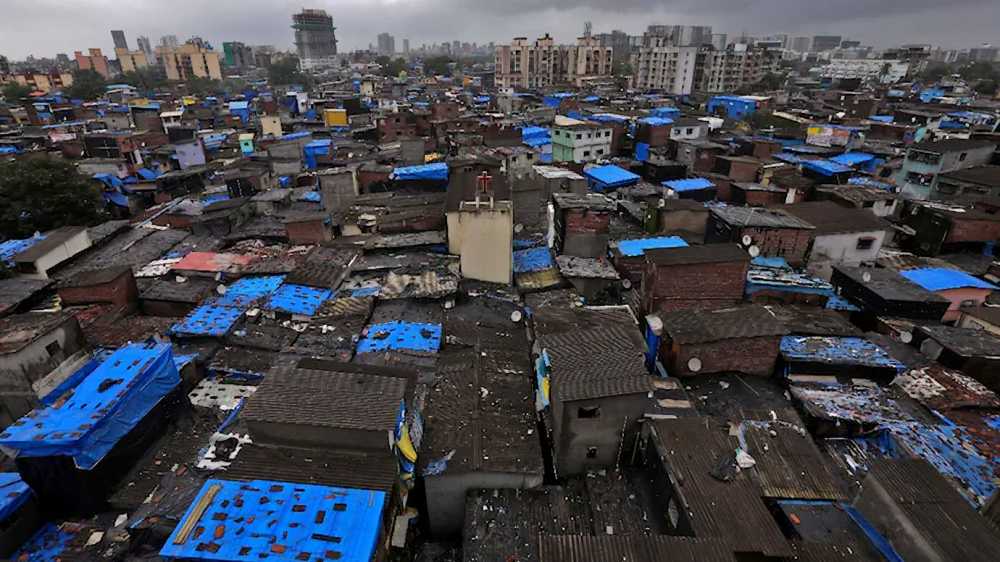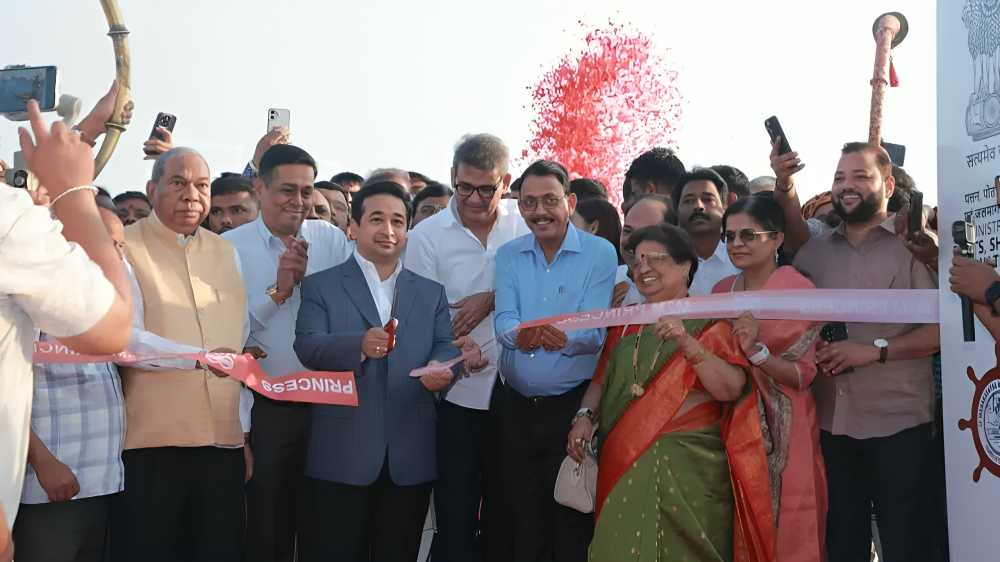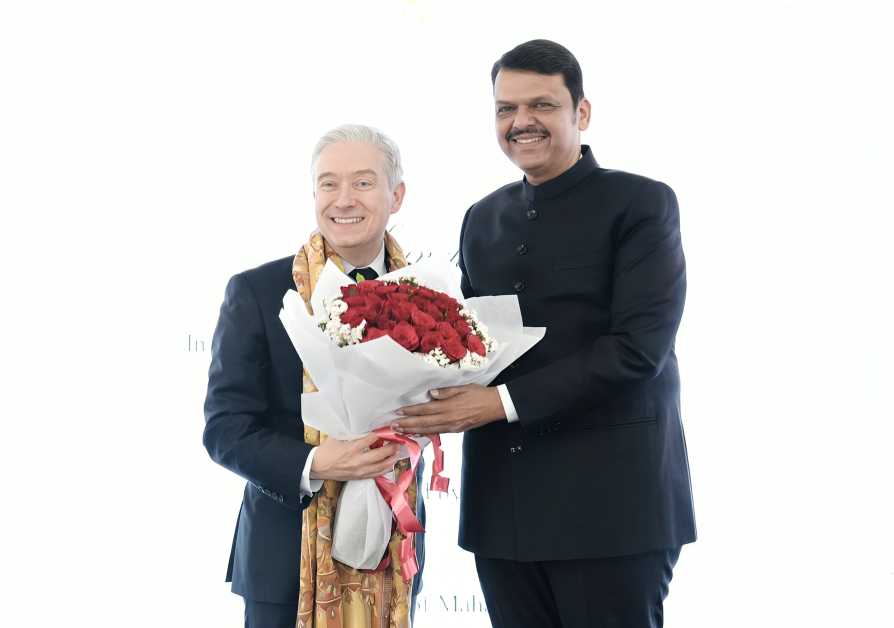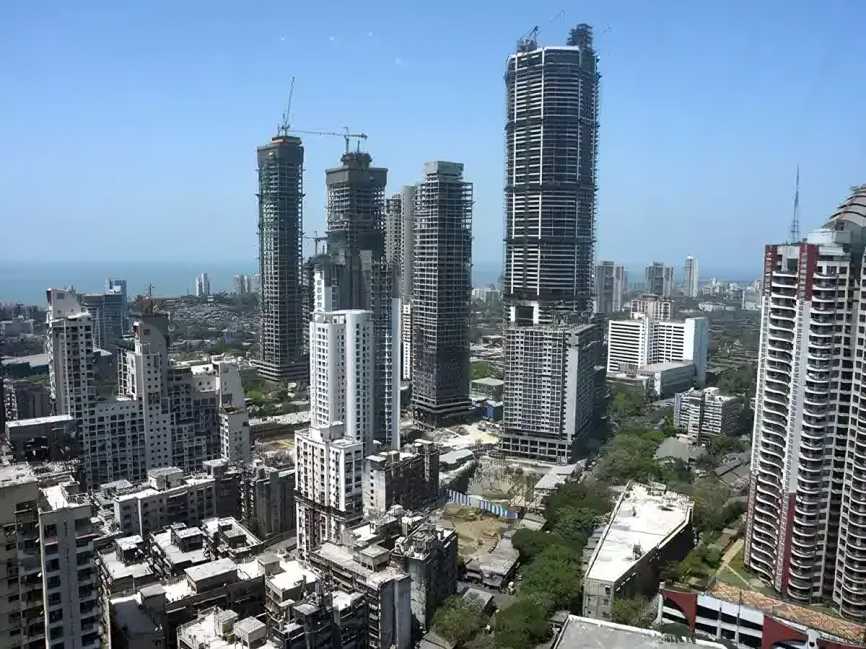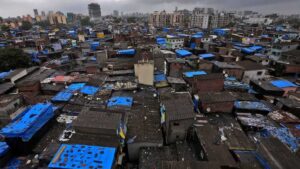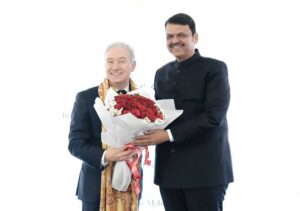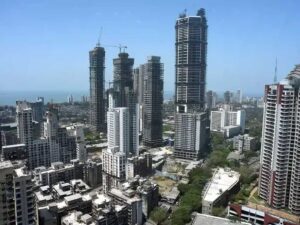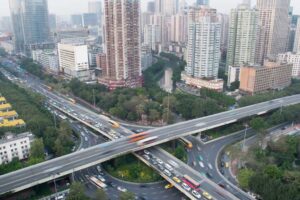July 18, 2025: Mumbai’s 2025 monsoon season began with familiar scenes of civic failure—flooded roads, halted metro services, and crippled transport infrastructure. Despite repeated assurances and significant budget allocations for pre-monsoon preparedness, India’s financial capital once again found itself overwhelmed by the season’s first major downpour.
Heavy rains early Tuesday morning inundated vast stretches of the city, leaving thousands of commuters stranded. Operations on the newly launched Aqua Line metro were suspended after floodwaters breached key substations, undermining Mumbai’s aspirations of modern, reliable transit. Road travel descended into disarray, with diversions triggered by potholes, open drains, and submerged junctions. Suburban train services were disrupted in several low-lying areas, causing delays for office workers and school-goers alike.
Civic officials cited unprecedented rainfall—over 100 mm in parts of South and Central Mumbai within a few hours—as the cause. However, experts argue that poorly maintained infrastructure and delayed upgrades are the true culprits. Of the 400 km of roads slated for concretisation before June, less than 30% had been completed by mid-July, hindered by budgetary cuts and postponed tenders.
Drainage systems were similarly unprepared. Several areas, including Chembur, Kurla, and Andheri East, reported sewage backflows and waterlogging due to insufficient desilting and unchecked concretisation of natural channels. New roads were quickly damaged, reviving allegations of contractor collusion and substandard work.
Citizens voiced their frustration on social media, criticising the predictable cycle of monsoon disruption and unmet government promises. Experts called for climate-resilient infrastructure, citing the economic cost of inaction, with business groups estimating crores in lost productivity on the first day alone.
Urban planners now urge an independent audit of monsoon preparedness, stricter oversight of civic contracts, and accelerated investment in sustainable drainage and green infrastructure—measures Mumbai must adopt if it is to withstand future climate challenges.
Source: Urban Acres




